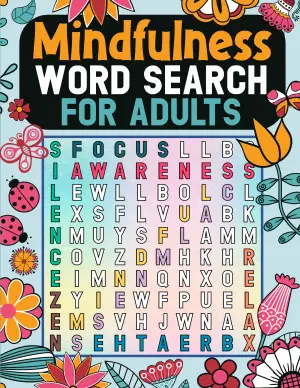I recently dove into The Sleep Experiment by Jeremy Bates, intrigued by the promise of a gripping psychological horror tale that evokes the likes of Stephen King and Dean Koontz. As an avid fan of thrillers that blend science and horror, the premise of a Cold War experiment to keep political prisoners awake for fourteen days gripped my curiosity. The concept of exploring the limits of human endurance while examining the depths of the psyche was simply too compelling to resist.
The tale begins in 1954, when Soviet military scientists put four political prisoners through a harrowing experiment, and it quickly spirals into a nightmare that continues to echo into the present. In 2018, Dr. Roy Wallis, a psychology professor at UC Berkeley, attempts to recreate this infamous experiment with students as subjects, believing that, unlike the past, he can control the outcome. However, as the experiment unfolds, chaos ensues, leading to horrifying consequences. Bates keenly captures the tension that mounts as the characters confront their fears, pushing the boundaries of sanity.
One of the strengths of this novel is Bates’s ability to build suspense. I found myself turning pages eagerly, consumed by the dread that lingered throughout the narrative. The pacing is excellent, with a steady progression from tense exploration to sheer terror. As I read through the characters’ deterioration, I felt an overwhelming sense of dread, a true hallmark of a psychological thriller. A few scenes had me genuinely unsettled—Bates excels at creating nightmarish visuals that remain in your mind long after you’ve closed the book.
However, with the positives come a few drawbacks. Some readers have pointed out that character development could be more robust. While I appreciated the quick pacing, I sometimes wished I had a deeper understanding of the motivations and backgrounds of Dr. Wallis and his assistants. The stakes felt high, but I would have liked to connect more deeply with the characters who were subjected to the horrors of the experiment. Additionally, a couple of plot twists felt somewhat predictable to me—though Bates weaves a clever narrative, a few moments deviated into familiar territory of the genre.
Also, the book has drawn criticism for its abrupt ending, and I must admit, I felt a bit of the dissonance. While the climax was exhilarating, the resolution left me wanting a little more closure. I appreciate an ambiguous ending, but I felt this one was slightly rushed and could have benefitted from a more nuanced wrap-up.
Despite these critiques, The Sleep Experiment remains a thrilling read. Bates’s keen understanding of psychological horror allows him to explore themes of control, madness, and the human psyche’s fragility. The tension builds steadily like a pressure cooker, leaving the reader breathless as the story progresses toward its explosive conclusion.
In the end, if you’re someone who enjoys a good, spine-chilling tale—one that is both reminiscent of classic horror and fresh in its execution—this book delivers on its promise. For those who appreciate a gripping narrative filled with mind-bending twists and relentless tension, I wholeheartedly recommend The Sleep Experiment. It’s a hard-hitting piece that will keep you wide awake, questioning the very nature of consciousness and sanity, long after you’ve finished reading.
Overall, I would rate it a solid four out of five stars. It delivers a thrilling experience, even if it occasionally stumbles in character depth and resolution. If you’re a fan of the genre, definitely give this one a shot!








